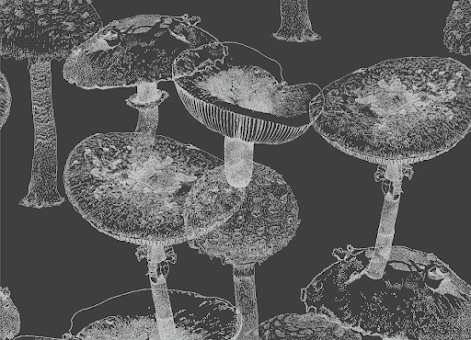
Currently approved vaccines have been successful in preventing the severity of COVID-19 and hospitalization. These vaccines primarily induce humoral immune responses; however, highly transmissible and mutated variants, such as the Omicron variant, weaken the neutralization potential of the vaccines, thus, raising serious concerns about their efficacy. Additionally, while neutralizing antibodies (nAbs) tend to wane more rapidly than cell-mediated immunity, long-lasting T cells typically prevent severe viral illness by directly killing infected cells or aiding other immune cells. Importantly, T cells are more cross-reactive than antibodies, thus, highly mutated variants are less likely to escape lasting broadly cross-reactive T cell immunity. Therefore, T cell antigen-based human coronavirus (HCoV) vaccines with the potential to serve as a supplementary weapon to combat emerging SARS-CoV-2 variants with resistance to nAbs are urgently needed. Alternatively, T cell antigens could also be ...






